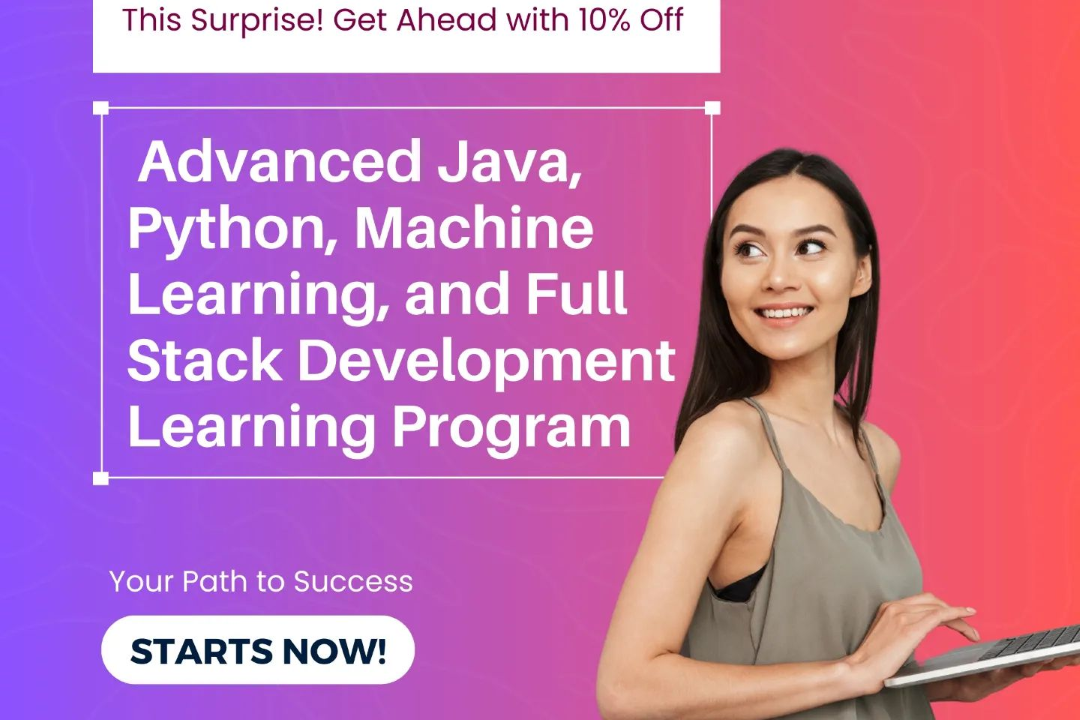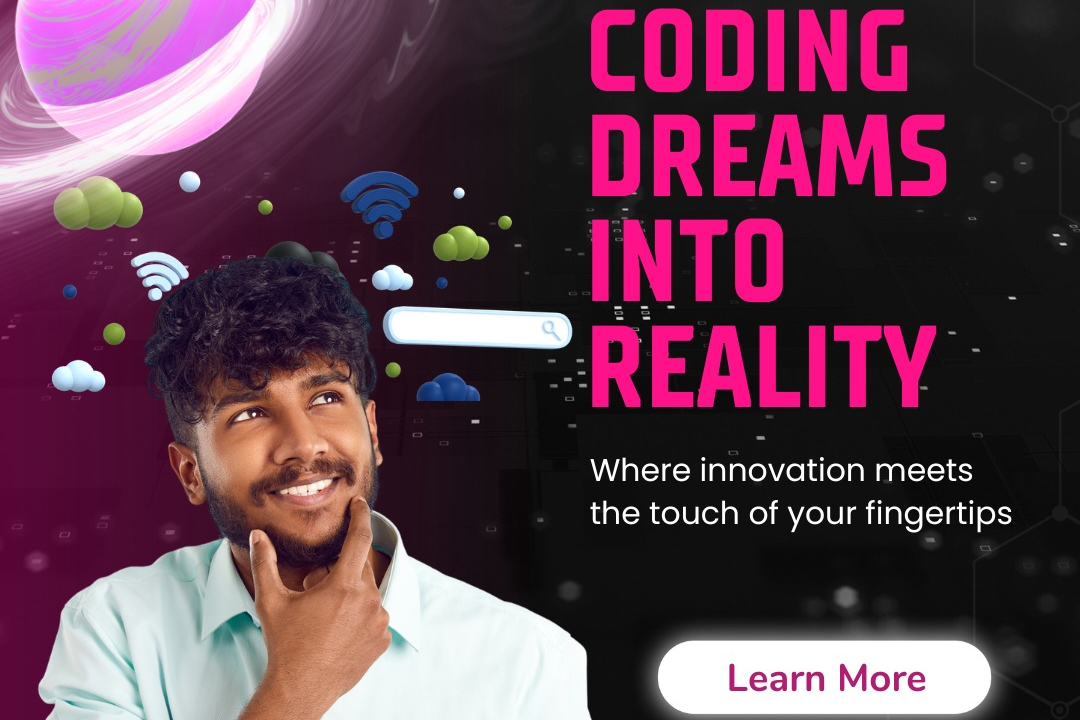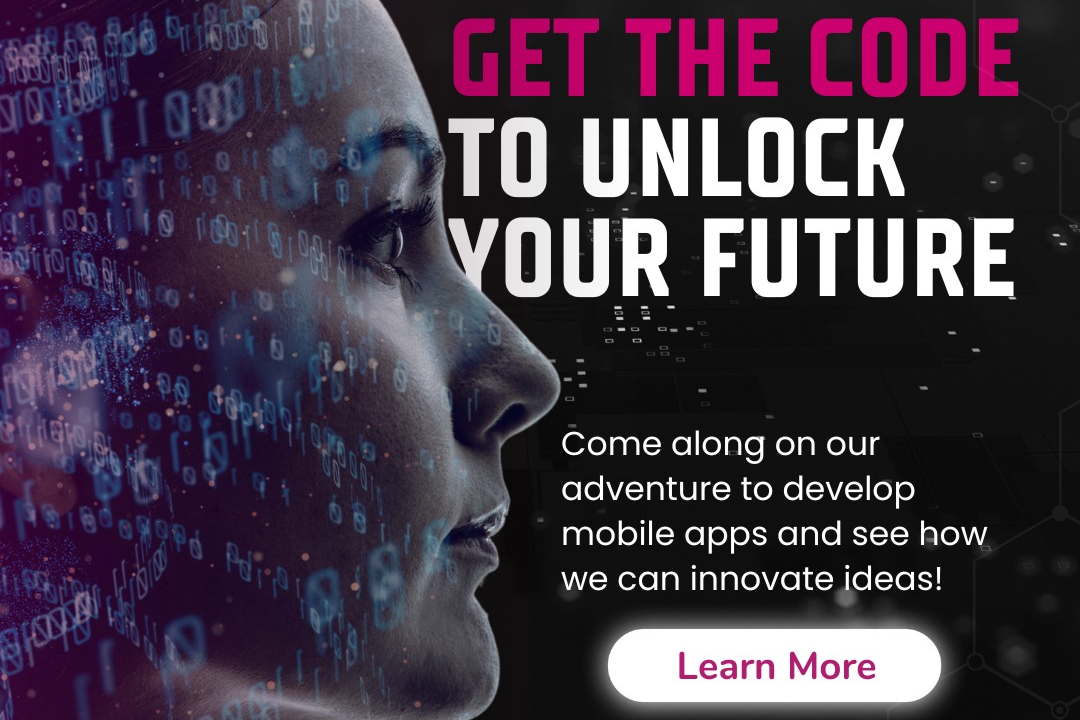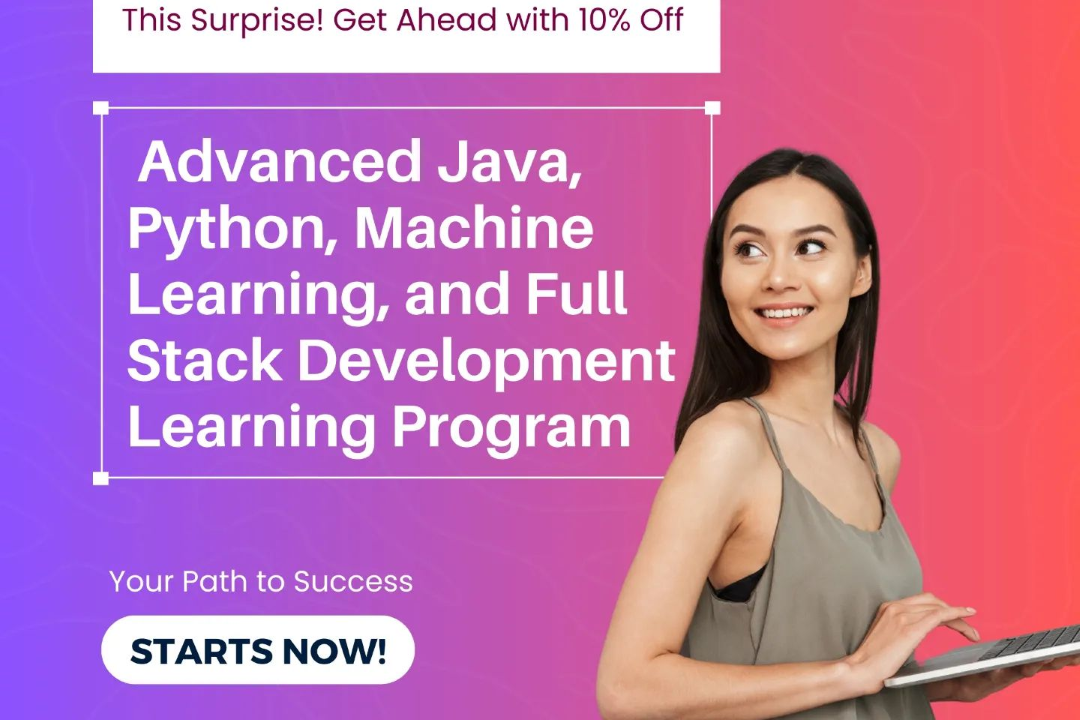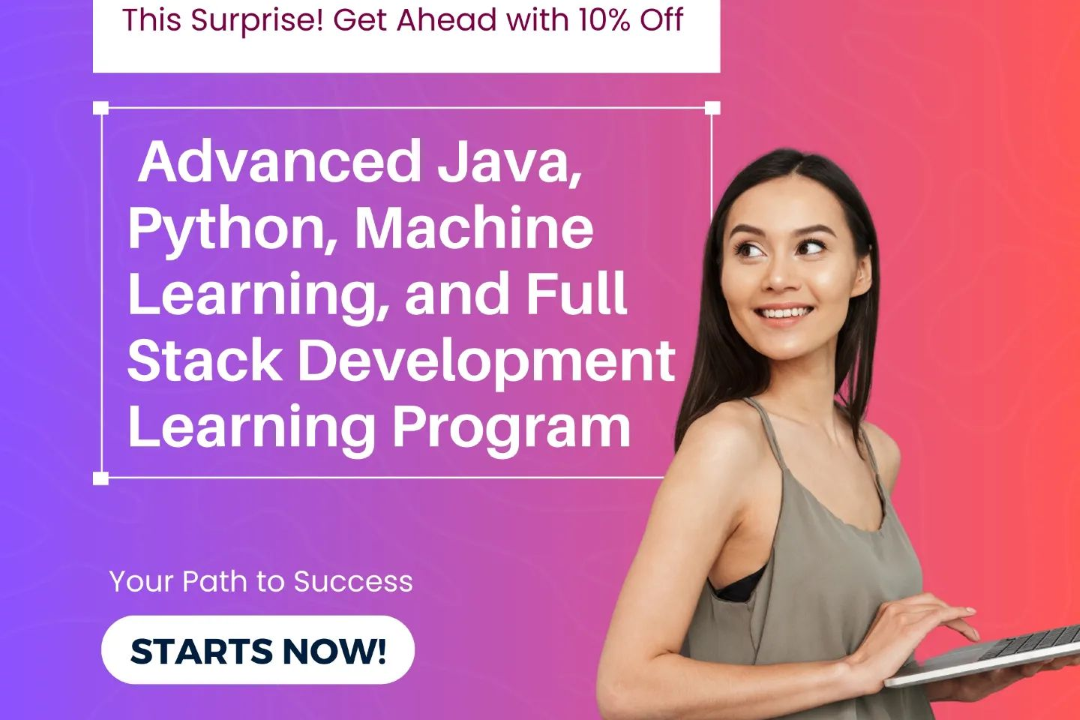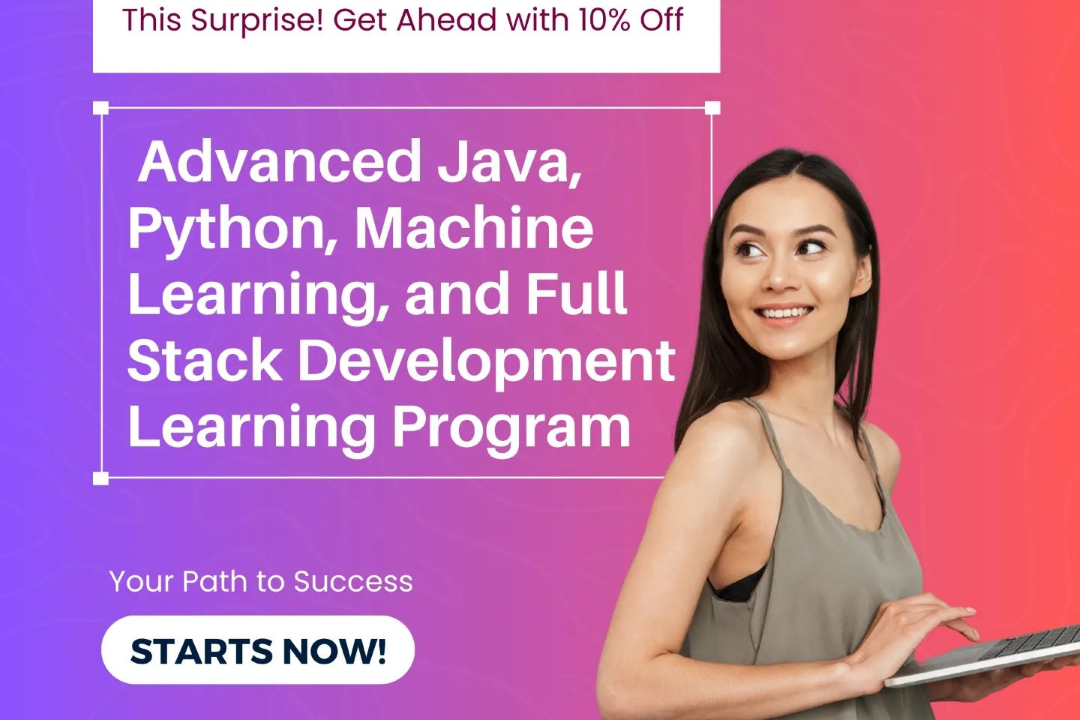Flutter Developer Interview Guide
The Flutter Developer Interview Guide is a curated resource designed to assist aspiring Flutter deve
Flutter Developer Interview Guide
The Flutter Developer Interview Guide is an essential tool for aspiring Flutter developers, offering a structured approach to prepare for job interviews in mobile app development. It compiles a variety of technical and behavioral questions, along with practical tips and real-world project insights, to help candidates showcase their knowledge of Dart, widget structures, and state management. By using this guide, candidates can build confidence, optimize their interview performance, and effectively communicate their skills, making it a valuable resource for anyone looking to excel in the competitive tech landscape.
To Download Our Brochure: Download
Message us for more information: Click Here
The Flutter Developer Interview Guide is an essential tool for aspiring Flutter developers, offering a structured approach to prepare for job interviews in mobile app development. It compiles a variety of technical and behavioral questions, along with practical tips and real world project insights, to help candidates showcase their knowledge of Dart, widget structures, and state management. By using this guide, candidates can build confidence, optimize their interview performance, and effectively communicate their skills, making it a valuable resource for anyone looking to excel in the competitive tech landscape.
Course Overview
The “Flutter Developer Interview Guide” course is designed to equip aspiring Flutter developers with the necessary skills and knowledge to excel in job interviews. This comprehensive program covers essential topics such as Dart programming, widget structures, state management, and UI design principles. Participants will gain insights into common interview questions and real-world project scenarios, enabling them to demonstrate their expertise effectively. With hands-on practice and expert guidance, this course prepares candidates to navigate the competitive job market confidently and successfully secure positions in mobile app development.
Course Description
The “Flutter Developer Interview Guide” course is tailored for aspiring Flutter developers who want to prepare effectively for job interviews in mobile app development. This comprehensive program covers essential topics such as Dart programming, widget tree structures, state management, and UI/UX design principles. Participants will be exposed to commonly asked interview questions, hands-on coding exercises, and real-time project scenarios that mirror industry standards. By the end of the course, learners will have the confidence and expertise to tackle interviews successfully, positioning themselves as strong candidates in the competitive field of Flutter development.
Key Features
1 - Comprehensive Tool Coverage: Provides hands-on training with a range of industry-standard testing tools, including Selenium, JIRA, LoadRunner, and TestRail.
2) Practical Exercises: Features real-world exercises and case studies to apply tools in various testing scenarios.
3) Interactive Learning: Includes interactive sessions with industry experts for personalized feedback and guidance.
4) Detailed Tutorials: Offers extensive tutorials and documentation on tool functionalities and best practices.
5) Advanced Techniques: Covers both fundamental and advanced techniques for using testing tools effectively.
6) Data Visualization: Integrates tools for visualizing test metrics and results, enhancing data interpretation and decision-making.
7) Tool Integration: Teaches how to integrate testing tools into the software development lifecycle for streamlined workflows.
8) Project-Based Learning: Focuses on project-based learning to build practical skills and create a portfolio of completed tasks.
9) Career Support: Provides resources and support for applying learned skills to real-world job scenarios, including resume building and interview preparation.
10) Up-to-Date Content: Ensures that course materials reflect the latest industry standards and tool updates.
Benefits of taking our course
Functional Tools
1 - Flutter SDK: The Flutter Software Development Kit (SDK) is the core tool used in building Flutter applications. It provides a rich set of pre built widgets and tools that facilitate the development process. Students will learn how to install, configure, and utilize the Flutter SDK effectively to create sleek and responsive mobile applications for both Android and iOS platforms. The SDK also includes powerful performance profiling tools that help monitor application performance and optimize code for a smoother user experience.
2) Dart Programming Language: Dart is the programming language used in Flutter for developing applications. The course offers in depth training on Dart, equipping students with knowledge of its syntax, features, and best practices. Understanding Dart allows students to write efficient and effective code, as it is designed for building fast and high quality user interfaces. Emphasis will be placed on object oriented programming principles, enabling students to develop scalable applications.
3) Visual Studio Code: This is a popular Integrated Development Environment (IDE) for Flutter development. The course will guide students through the installation and configuration of Visual Studio Code with the Dart and Flutter plugins. Features like IntelliSense, debugging support, and integrated terminal help streamline the development process. Furthermore, students will learn to navigate the IDE effectively, write code efficiently, and utilize version control systems.
4) Android Studio: As an alternative IDE, Android Studio provides a comprehensive environment specifically designed for Android app development, including Flutter apps. The course includes training on using Android Studio for building, testing, and deploying Flutter applications. Students will become familiar with the Android Emulator, allowing them to test their apps in various Android environments, ensuring their applications are robust and reliable.
5) Firebase: Firebase serves as a backend platform that integrates seamlessly with Flutter applications. Students will learn how to utilize Firebase for features like real time databases, authentication, cloud functions, and analytics. Integrating Firebase allows students to create dynamic applications with user authentication and data storage, enhancing the functionality of their Flutter projects. Understanding how to work with Firebase opens up various possibilities for app development and deployment.
6) Git and GitHub: Version control is a crucial aspect of software development, and students will learn to use Git for tracking changes in their code. By integrating GitHub into their workflow, students will be able to collaborate effectively on projects, manage repositories, and showcase their work. The training will cover basic commands, branching, and best practices for version control, ensuring students are well prepared for team environments in professional settings.
7) State Management Solutions: Effective state management is vital in Flutter applications to ensure smooth UI interactions and data flow. The course will explore various state management approaches including Provider, Riverpod, Bloc, and GetX. Students will learn how to implement these solutions to manage application states efficiently, enhancing both the performance and maintainability of their projects. Case studies will illustrate the pros and cons of each method in real world scenarios.
8) User Interface (UI) Design Principles: Creating intuitive and engaging user interfaces is paramount in mobile app development. The course will cover principles of UI design specifically tailored for Flutter. Students will learn about layout structures, the use of widgets, design guidelines from Material Design (for Android) and Cupertino (for iOS), and how to create responsive interfaces that adapt to different screen sizes. Hands on projects will reinforce these concepts, allowing students to apply design theories to their applications.
9) RESTful API Integration: Most modern applications rely on APIs to fetch or send data. This course module will teach students how to connect Flutter apps to backend services using RESTful APIs. Students will learn about making asynchronous HTTP requests, handling responses, and parsing JSON data. Practical exercises will involve integrating public APIs into their applications to build features such as dynamic content display, user data access, and real time updates.
10) Testing and Debugging Techniques: Quality assurance is crucial in app development. The course emphasizes testing and debugging best practices in Flutter. Students will learn about unit testing, widget testing, and integration testing, along with tools like Flutter’s built in testing framework. They will also discover strategies for debugging and optimizing code to fix issues efficiently and ensure a seamless user experience.
11 - Deployment and App Store Submission: Once an app is developed, the next step is deployment. This section will guide students through the process of preparing their Flutter applications for submission to the Google Play Store and Apple App Store. The course will cover aspects like app signing, generating release builds, and adhering to store guidelines. Hands on experience with deployment will prepare students to publish their applications professionally.
12) Real Time Project Development: Throughout the course, students will participate in real time projects that encapsulate the methodologies and technologies learned. These projects will simulate a real world environment where students can apply their skills to solve actual problems. By the end of the course, students will have a portfolio of projects demonstrating their ability to design, build, and deploy Flutter applications.
13) Career Guidance and Interview Preparation: In addition to technical skills, the course will provide insights into the job market, current industry trends, and resume building. Students will receive guidance on how to prepare for technical interviews, including coding challenges and behavioral interviews, ensuring they are well prepared to enter the workforce as Flutter developers.
14) Community and Networking Opportunities: Enrolling in this course connects students to a larger community of Flutter developers. The course will highlight community resources such as forums, workshops, and local meetups. Networking opportunities will encourage collaboration and mentorship, providing students with contacts that can aid in their professional development post course.
15) Continuous Learning and Resources: Software development is an ever evolving field. This course will instill the importance of continuous learning, directing students to online resources, official documentation, and future learning paths to stay updated with Flutter advancements. They will be encouraged to engage with open source contributions and follow relevant industry influencers.
These elements will empower students with the comprehensive knowledge and practical experience they need to thrive in the growing field of Flutter development.
Browse our course links : Click Here
To Join our FREE DEMO Session: Click Here
This information is sourced from JustAcademy
Contact Info:
Roshan Chaturvedi
Message us on Whatsapp: Click Here
Email id: Click Here
Frequently Asked Flutter Questions
